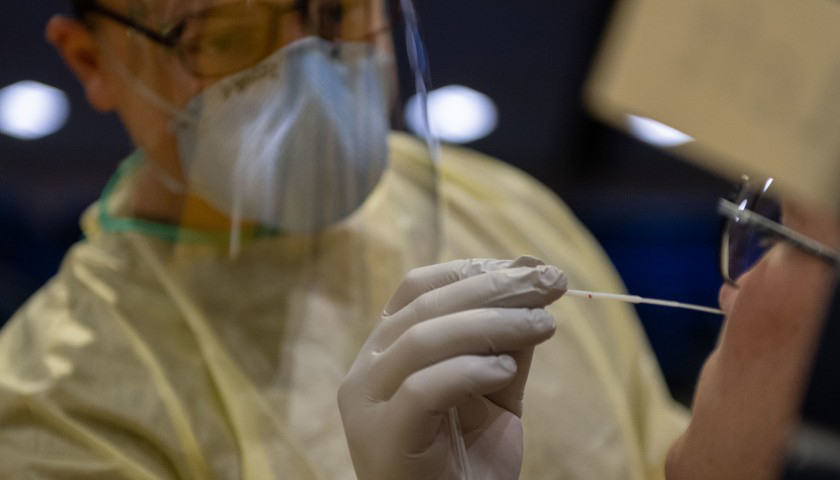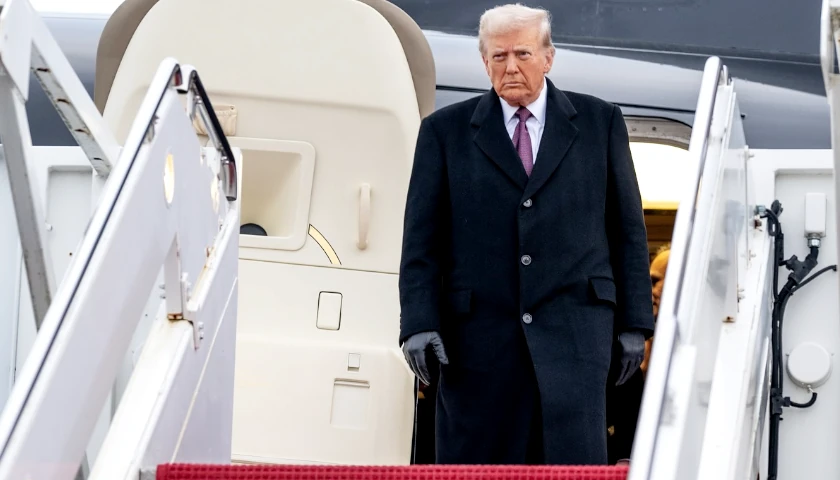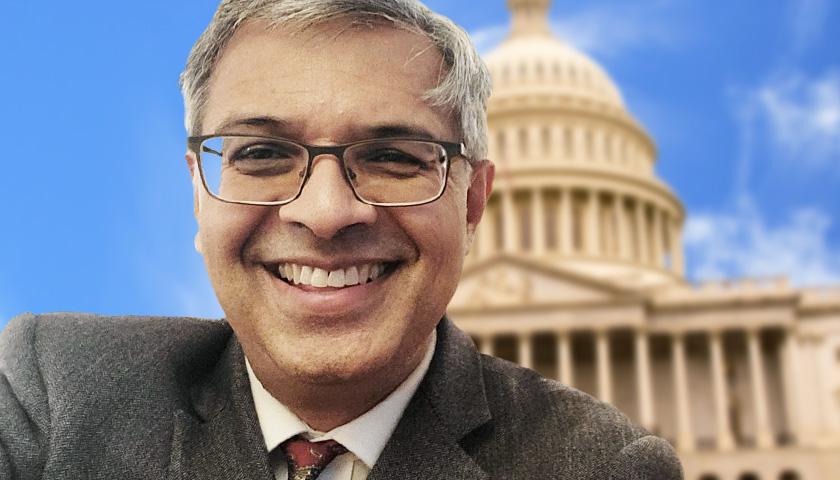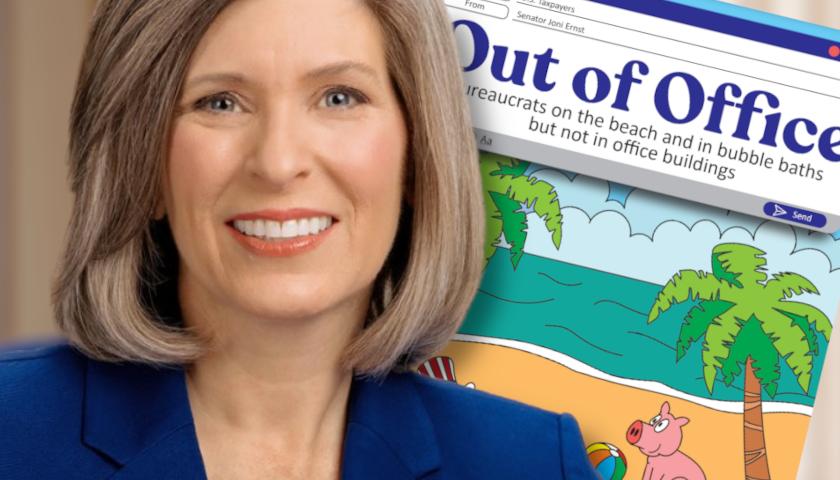Governor DeSantis expressed his support for Regeneron’s monoclonal antibody treatment Thursday, as COVID cases and the number of hospitalizations continue to surge in Florida.
According to DeSantis, “These treatments have been proven successful, with clinical trials resulting in a 70% reduction in hospitalization and death for COVID patients,” especially those who have higher risk for severe complications due to age or preexisting medical conditions.
As reported by the Food and Drug Administration (FDA), “Monoclonal antibodies are laboratory-made proteins that mimic the immune system’s ability to fight off harmful antigens such as viruses.” The treatment is meant for individuals who have tested positive or recovered from COVID.
In response, DeSantis announced the opening of a mobile “rapid response” unit in Jacksonville that is the first of its kind in the state, and will help administer the treatment to patients. The state is also looking to set up the first long-term site at the Jacksonville Public Library.
According to a press release by Governor DeSantis’ Office, long-term sites are where patients can go visit to receive treatment, while mobile units – otherwise known as “strike teams” – will bring treatment directly to the more vulnerable patients in long-term care facilities. It states, “Rather than having nursing home residents leave the facility to receive monoclonal antibody therapy, these teams will deploy to them to provide treatment.”
Both mobile and long-term sites will begin being established across the state.
At the press conference where he made the announcement, DeSantis advocated for the treatment, saying it is “the best shot we’ve got right now” to keep people safe. He adds, “There’s clear benefits to this early treatment for keeping people out of the hospitals and reducing mortality.”
As far as costs, the federal government has purchased approximately 1.55 million doses since November 2020 to provide patients the treatment without any out-of-pocket costs. Although the dose itself is free, the costs for administering the treatment may vary between different hospitals as well as a patient’s level of health insurance coverage. For a patient with Medicare, administration costs are covered. For someone without insurance, administration can cost “well over $1,000,” NPR states.
The limitations patients may see when it comes to monoclonal antibody treatment is that the doses are complex and time-consuming to produce, meaning that the supply may easily become limited and patients may have to wait a long period of time before more doses are available. As far as the current availability and locations that administer the treatment, DeSantis said that “some of them have it, but they just aren’t administering it, and other don’t necessarily have it.”
Another limitation includes how effective the treatment works based on when the treatment is administered, as well as the lack of notoriety about monoclonal antibody treatment to the public. DeSantis suggests that “many people don’t know about until it’s too late.”
“If you’re in one of those high-risk categories and you become COVID positive, doing it before the symptoms get very severe is when it’s most likely to work. And so, part of it is some people don’t even know that this exists until they end up getting admitted to the hospital, and at that point it’s almost always too late for this to be affective,” he added.
White House officials said shipments of the treatment to Florida have increased eightfold in the past month.
– – –
Casey Owens is a contributing writer for The Florida Capital Star. Follow him on Twitter at @cowensreports. Email tips to [email protected].





